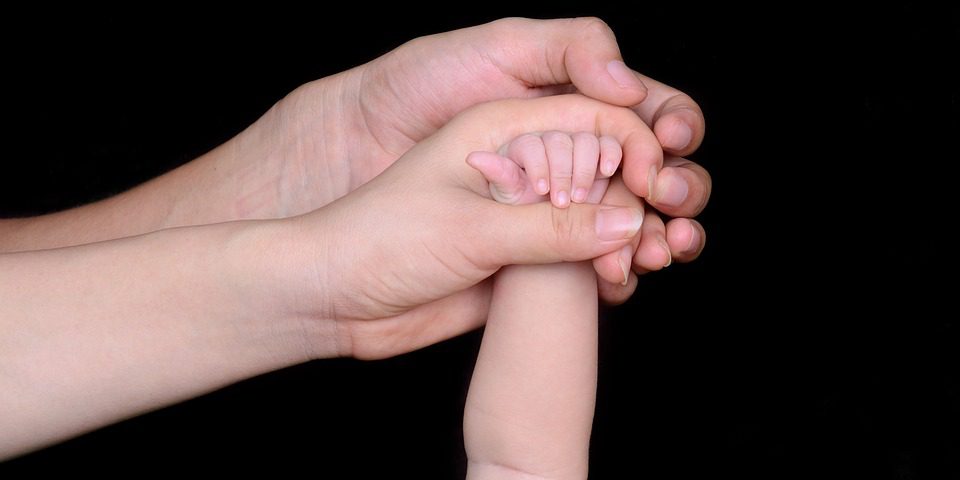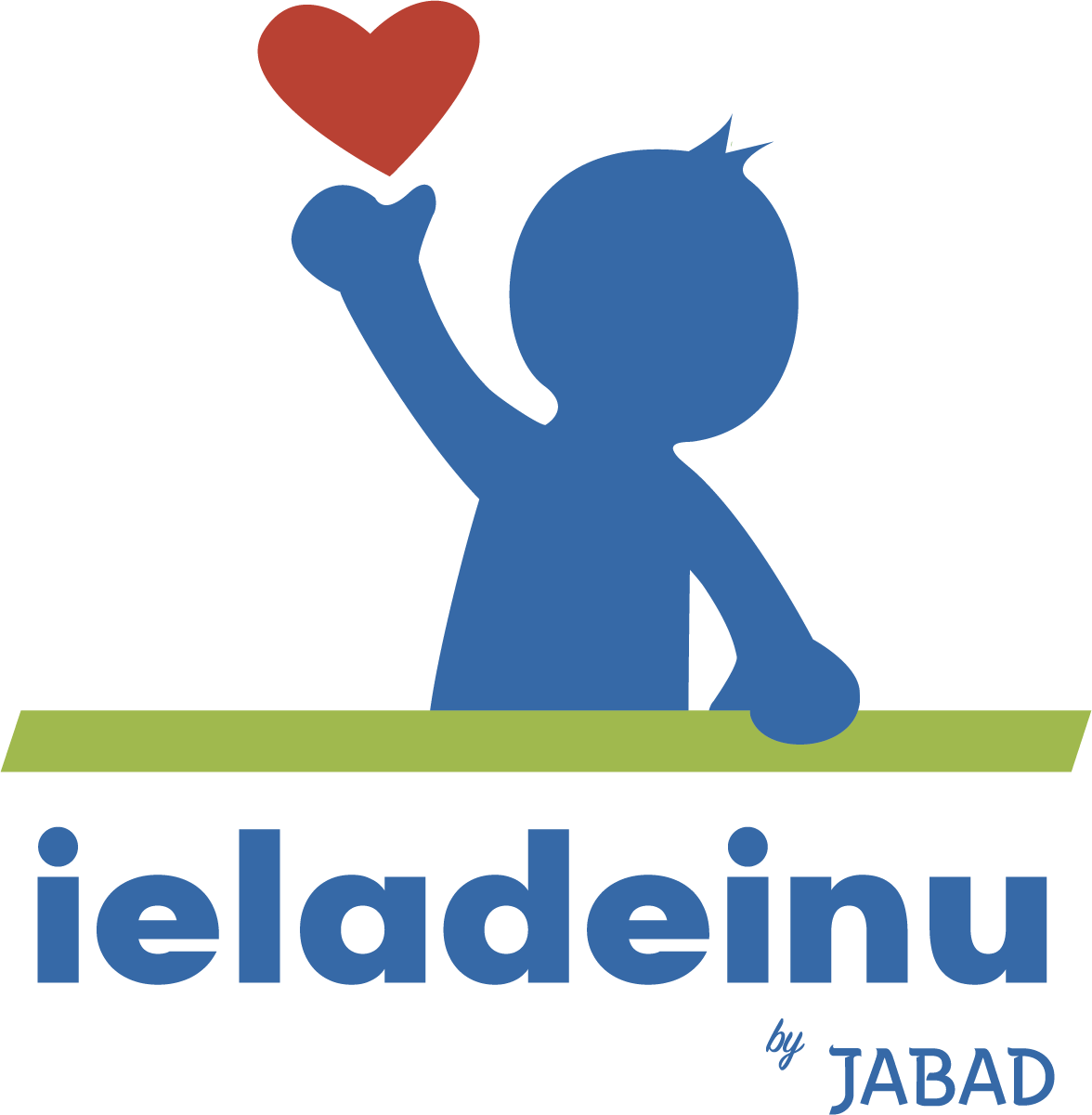Family is vital for a healthy growth

Our message for Pesach
28 March, 2018Shavuot, a very special celebration
16 May, 2018
A human is the only living being that needs another to survive. It is vitally important for a healthy mental and physical development that the newborn has an attentive and loving look that can fulfill his/her needs in order to enter the world slowly and allow him/her to become an individual.
The family is in charge of decoding the needs of the child, it is the one that provides the symbolic world; for example, when the baby cries, the mother tries to translate the reason for the crying: hunger, cold, hugs ... Knowing that there is another one that generates spaces of secure attachment.
Attachment is the emotional bond that the child develops with his/her parents (or caregivers) and that provides the emotional security essential for the good progress of personality. The fundamental thesis of the Attachment Theory is that the state of security, anxiety or fear of a child is determined largely by the accessibility and responsiveness of his/her main figure of affection (person with whom the bond is established). Attachment provides the child’s emotional security: to be unconditionally accepted and protected. This figure cannot be given if there is no safe family environment.

IF YOU WANT TO JOIN OR KNOW FAMILIES THAT MAY BE INTERESTED, PLEASE CONTACT: rac@ieladeinu.org.ar or +5411-4002-0151 ext. 523.
The diverse postmodern family spheres have a leading role in the upbringing and education of babies, children and young people. Apart from cultural, social, biological or political concepts, it is the fundamental cell on which a society is built. We must consider its universal character, because family is an institution that is constituted in all societies and in all times: its existence does not depend on legal regulations. Family is the first social nucleus where affective bonds between the newborn and the adults begin to be established.
It is impossible to think of an isolated child, without a family environment, whether blood-related or not. In this context, the figure of FOSTER CARE arises, a practice that allows a child to live within a family that is not his/her family of origin, when he/she lacks adequate parental care. During foster care, which is a temporary measure, a family provides love, care and support for the child it welcomes at home, giving him/her the opportunity to wait in a facilitating environment and with secure attachment while Justice determines the definitive measure to guarantee all children’s rights.
We talk about supportive families because, as we mentioned, fostering is not adoption but rather constitutes a transitory bond. It is a supportive response to the right of every child or adolescent to grow up within a family, making it possible for the child not to lose his/her ties with the family of origin or while the corresponding court decides upon the adoption.
Lorena Chaul and Magalí Sinay
Members of the Community Integration team - Ieladeinu
